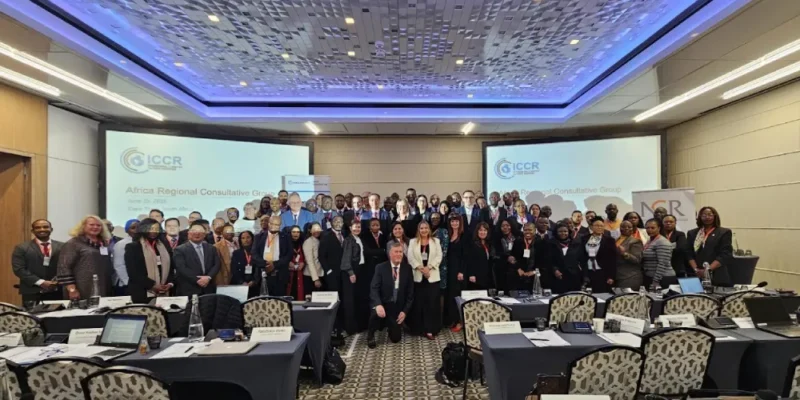Source: ANFAC magazine issue 131 | By Elias Sfeir
The damage done to the economy by the "name clearing" class action industry
The credit ecosystem has been facing a scenario of injunctions granted in class actions aimed at excluding names from default registers. This practice generates distortions in credit analysis, resulting in more expensive interest rates for consumers.
The so-called "name-cleaning industry" is promoted by associations, some of them fictitious, which file class actions against credit bureaus, especially in the states of Piauí, Pernambuco and Paraíba.
This practice, labeled "predatory litigation", raises concerns in the credit and judicial systems, since it compromises the elimination of information on default by debtors and thus raises the score for credit risk analysis, without there being any evidence of irregularity in the registration of these debts. This practice undermines the transparency of the credit granting process and generates distortions in the calculation of risk by creditors.
It also affects the speed of proceedings and has a negative impact on public finances. There is a consensus among legal experts that judicialization should be the last resort, after all possibilities for a consensual solution have been exhausted.
According to recommendation 127, issued by the CNJ in February 2022, this situation of "predatory judicialization" occurs due to lawyers filing thousands of lawsuits every year, using identical petitions, changing only the name of the plaintiff and some identifying information.
The recommendation guides the courts to adopt precautions and provides the CNJ with the necessary instruments to monitor and combat this practice.
The market is also alert to this situation, which is driving up costs
and harms economic activity in general.
Collaborative efforts by organizations such as the National Association of Commercial Development (ANFAC) and the National Association of Credit Bureaus (ANBC) are seeking to join forces to confront the so-called "name-clearing industry". One of the initiatives, led by ANFAC, is the scheduling of a hearing with STJ Minister Mauro Campbell, where the impacts of this credit-damaging practice will be amply demonstrated.
The action by the bureaus and other entities is based on a legal and economic opinion, sent to the CNJ, which exposes the negative impacts on the credit market resulting from the preliminary injunctions, pointing out that these rulings encourage undesirable conduct, prone to predatory judicialization.
It is common knowledge that credit protection registers are necessary and important for assessing credit risk when carrying out credit and financial transactions. By including data on default, these organizations contribute to credit discipline, benefiting both creditors and consumers by reducing credit costs. This dynamic is crucial to prevent the risk of default from spreading up the economic chain, affecting those who honor their loans.
their financial commitments. It also helps prevent over-indebtedness.
Bureaus play an important role in information asymmetry, which refers to the lack of knowledge that financial institutions have about borrowers.
However, judicial interventions, such as the granting of injunctions in the context of the "name-clearing industry", compromise the quality of information on consumer defaults. Once these injunctions have been granted, the bureaus are obliged to remove the default data from the default registers, even if the debtor has not paid their obligation.
This situation increases the risk of credit being granted, resulting in higher costs (interest) when taking out credit. There is a consensus among experts that one of the main reasons for high interest rates is the insecurity generated by default. According to the Central Bank's banking economics report, which measures the impact of interest rates on the economy, default is the main factor that makes up the spread. The latest edition of the report, for 2023, states that between 2021 and 2023, defaults accounted for an average of 31% of the spread. That's worrying.
As important players in the credit ecosystem, the bureaux and development sectors will continue to work to ensure that predatory litigation is known and combated in the competent instances.
Thanks for reading!


